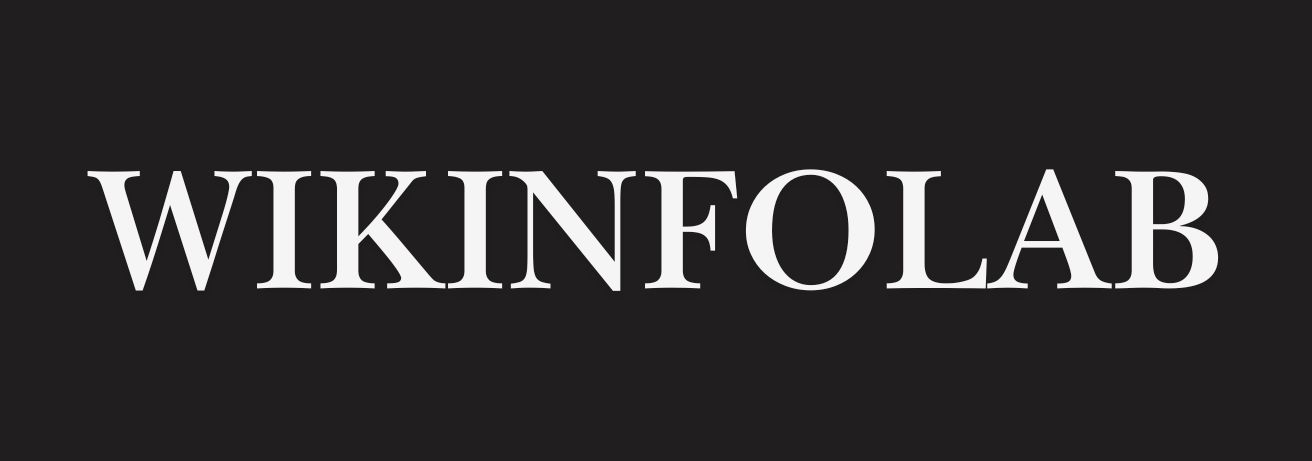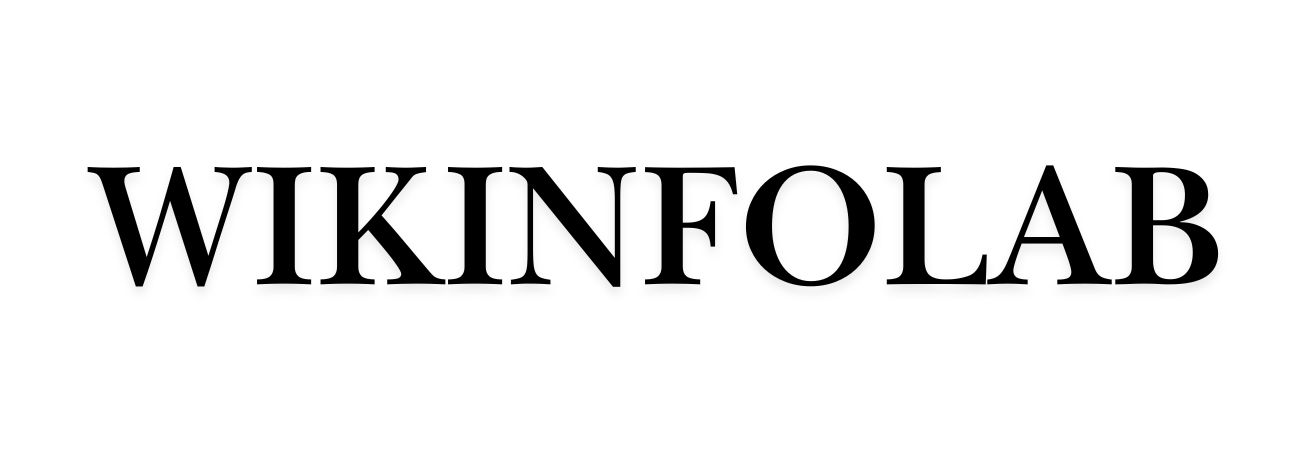Outline
- The New Normal: Why Privacy Feels Like a Luxury
- What’s Changed Since the GDPR and Beyond
- How Companies Collect (and Profit from) Your Data
- Your Rights, Your Choices: What You Can Control
- The Psychology of Consent and the Illusion of Choice
- From Passive User to Conscious Citizen
- FAQs
The New Normal: Why Privacy Feels Like a Luxury
Open an app. Browse a website. Speak near your phone. Somewhere, something is listening, watching, recording.
Welcome to 2025.
In a world where personalization is prized and convenience is king, privacy can feel like the price we pay for participation. But is that inevitable? And more importantly—do we still have a choice?
Data privacy is no longer a niche topic for tech experts. It’s a core human issue—one that touches identity, autonomy, and freedom. To understand what’s at stake is to reclaim the ability to shape the digital world, instead of being shaped by it.
What’s Changed Since the GDPR and Beyond
When the General Data Protection Regulation (GDPR) went into effect in 2018, it was a wake-up call to the tech world. Users gained rights. Companies scrambled for compliance. “Consent” became a buzzword.
But fast forward to 2025, and the landscape has evolved:
- Regulations have tightened globally. Countries like Brazil, India, and the U.S. have introduced GDPR-style laws.
- Tracking technologies have grown more subtle: from cookies to fingerprinting, from pixels to behavioral inference.
- AI systems now make decisions based on your data—sometimes without clear explanations.
In short: the rules have changed, but so have the tactics. And while the law tries to keep up, technology continues to race ahead.
How Companies Collect (and Profit from) Your Data
Your data is not just information—it’s currency. Every tap, scroll, pause, and click builds a profile that can be used to predict (and influence) your behavior.
Here’s how it works:
- Collection: Apps, websites, devices, and third-party tools gather data in real-time—often more than you think.
- Aggregation: Your data is combined with other data sources—location, purchase history, even facial recognition.
- Profiling: Algorithms build psychographic profiles that can predict preferences, fears, spending habits.
- Monetization: These profiles are sold, auctioned, or used internally for ad targeting, pricing models, or product design.
You are not just a user—you’re a data product. And in many cases, you never fully agreed to the terms.
Your Rights, Your Choices: What You Can Control
Thankfully, 2025 isn’t all dark dystopia. You have more power than you might think—if you know where to look.
- Access and Portability: Under most privacy laws, you can request your data and transfer it elsewhere.
- Correction and Deletion: You can ask companies to correct false data—or erase it entirely.
- Consent and Opt-Outs: Many services now offer granular control over what you share, though often buried in settings.
New tools and browsers (like Brave or DuckDuckGo) help block trackers by default. Operating systems are integrating privacy dashboards. And awareness is growing.
But here’s the catch: rights only matter when people use them. Awareness is the first step. Action is the next.
Let’s be honest: most people don’t read privacy policies. Most cookie banners are designed for quick acceptance. Most choices aren’t really choices—they’re nudges.
Psychologists call this “dark pattern design”—interfaces built to steer users toward less privacy-friendly options. Bright “Accept All” buttons, buried settings, guilt-inducing language. It’s not just about consent—it’s about manipulating perception.
True consent requires understanding, clarity, and freedom. Without those, we’re not choosing—we’re surrendering.
If we want a world where privacy means something, we need to question not only what we’re told—but how we’re told it.
From Passive User to Conscious Citizen
Data privacy in 2025 isn’t just about protecting files or hiding secrets. It’s about dignity, agency, and power. It’s about reclaiming the right to decide who gets to see you, know you, and profit from you.
We don’t need to abandon technology. But we do need to demand transparency, accountability, and respect.
Start by asking questions. Check your settings. Opt out when it matters. Support tools and platforms that put people over profit.
Because privacy is not the absence of sharing. It’s the presence of choice.
And in a world where data is power, protecting your privacy is an act of self-respect.
FAQs
Is it even possible to be private online anymore?
Complete anonymity is difficult, but meaningful privacy is still possible. Using privacy-first tools, adjusting settings, and staying informed can significantly reduce your data exposure.
What’s the difference between privacy and security?
Privacy is about who has access to your personal information. Security is about how well your data is protected from unauthorized access. You need both.
What’s the biggest privacy risk in everyday life?Often, it’s the apps and services we use daily without thinking—especially free platforms that rely on tracking and ad revenue. Always ask: If I’m not paying for this, how is it making money? The answer is usually: You.









